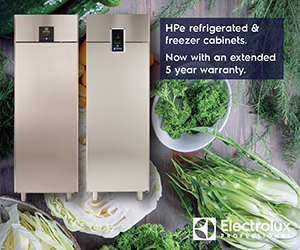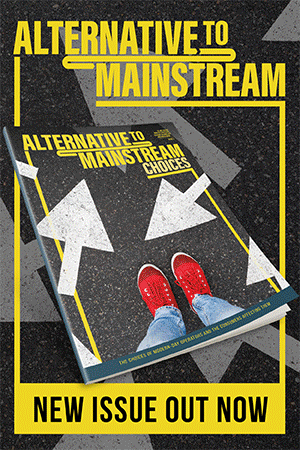HTA calls for clarity on border checks
The new checks will start on 30th April.

The Horticultural Trades Association (HTA) and its members are pleading with the government to act swiftly and responsibly to secure the future of environmental horticulture. They have called for business-critical information and details on the costs, capacity and capability of Border Control Points (BCPs), as urgent questions remain unanswered.
The HTA has frequently set out the now imminent risks to the UK’s horticultural businesses and urged immediate government intervention ahead of the 30th April Border Target Operating Model (BTOM) changes. The sector seeks a solution allowing BCPs to open while sustaining the current Place of Destination (PoD) scheme and unlocking barriers to Control Point access. This would enable BCPs and easements to be fully tested, functioning and accessible to businesses in the environmental horticulture sector.
James Barnes, chairman of the HTA, said: “Being one month away and lacking information on the fundamentals of how the UK border will work for plant movements is untenable, particularly when you think there have been over four years to plan since Brexit took place. This threatens the UK’s biosecurity and sector viability, and increases the likelihood of reduced choice or empty shelves just when we see the peak time for people to prepare their gardens for summer.
"The HTA and its members have made a huge amount of investment and upskilling on trade, but without the details, we do not know how their business will operate beyond 29th April. We are beyond too little, too late, and in planning for the worst, hoping for the best territory.”
Adam Whitehouse, head of operations for Robin Tacchi Plants, added: “The potential financial impact to the industry created by the government’s determination to press ahead with plant inspections at the new BCPs from 30th April cannot be underestimated.
“We speak regularly with our suppliers in the UK and on the continent. We are all concerned that the delayed release of the Common User Charge, combined with unknown waiting time charges from hauliers spending additional time at the ports, will make the expense of importing plants unsustainable for many traditional plant varieties.”
The checks will, of course, also affect important meat and food products.












